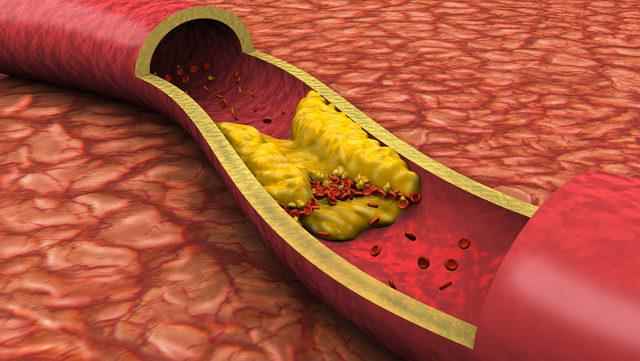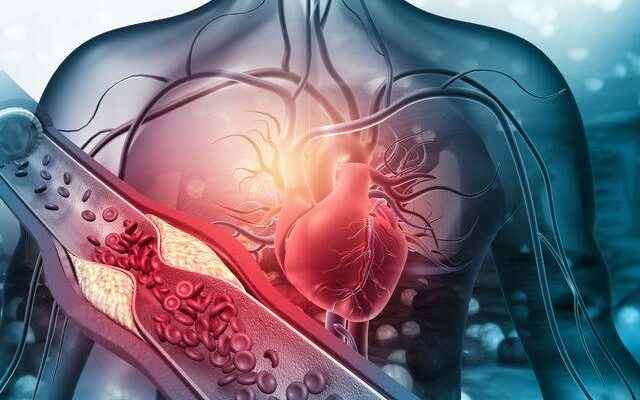Our heart, which is the blood pump of our body, has a dense vascular network. If there is a problem that prevents the flow of blood in these veins, it means that the health of the heart is impaired. It does not only affect the heart vessels, but also the brain, kidney and limb vessels.
Fats are the basic building blocks of our body. Healthy people have fat both in their bloodstream and in the building blocks of their cells. However, if the amount of cholesterol and fat circulating in the blood increases, it can accumulate in the veins. Excess cholesterol accumulates on the vessel wall and eventually clogs the vessel. Whichever organ the occluded vessel feeds, there is a loss of function in that organ.
WHAT IS GOOD AND BAD CHOLESTEROL?
Several types of cholesterol are measured in blood measurements.
Bad cholesterol (LDL) is cholesterol that accumulates in the walls of blood vessels. It increases the risk of heart disease.
Benign cholesterol (HDL) carries cholesterol from the tissues, blood and vessel walls to the liver for excretion. Above a certain value, it reduces the risk of heart disease.
HOW TO REDUCED LDL TO PREVENT AVOID HARDNESS? HOW TO UPGRADE HDL?
The easiest way to increase blood HDL level is to do physical exercise. In addition, quitting smoking, controlling sugar if we are diabetic, losing weight, consuming high-fiber foods and consuming low-fat foods will increase HDL levels. With such a diet habit, the LDL cholesterol level will also decrease.

With a few precautions you can take, you can protect your vascular health, which is very valuable. For a healthy diet, Cardiovascular Diseases Specialist Specialist. Dr. Muharrem Arslandag’s recommendations are as follows.
STAY AWAY FROM FOODS CONTAINING CHOLESTEROL
Reduce your fat consumption, prefer unsaturated monofats, stay away from foods containing high cholesterol. As it can be seen from the word balance, diet does not mean starvation, it is not healthy to completely remove fatty foods from the diet in order to be healthy. Fat, which is the basic building block of the body, must be present in the diet. The main thing is the type of fat, healthy nutrition can be achieved by consuming the harmless fat. For example, vegetable oils such as olive oil and sunflower oil. It is extremely important to remove solid saturated fats such as margarine from the diet.
Cholesterol is found in foods of animal origin (milk, meat, chicken, fish, cheese, etc.). In order to reduce your blood cholesterol, it is necessary to consume them in small amounts.
CONSUMPT POUST FOODS, INCREASE FRUIT CONSUMPTION
Foods rich in fiber are products containing oats, wheat bran, vegetables and fruits. Consuming fruits with rich antioxidant properties is extremely beneficial for heart health.
EXERCISE REGULARLY, PAY ATTENTION TO YOUR WEIGHT
Do 30-45 minutes of physical activity every day or at least 5 days a week. In this way, you will feel more fit as your blood cholesterol decreases. In addition, blood pressure control will be easier and you will lose weight.
STOP SMOKING
Smoking raises blood pressure, facilitates blood clotting, raises cholesterol and increases the risk of cancer.
KEEP TENSION UNDER CONTROL
To maintain ideal blood pressure values, consume salt-free and use your medications regularly.
